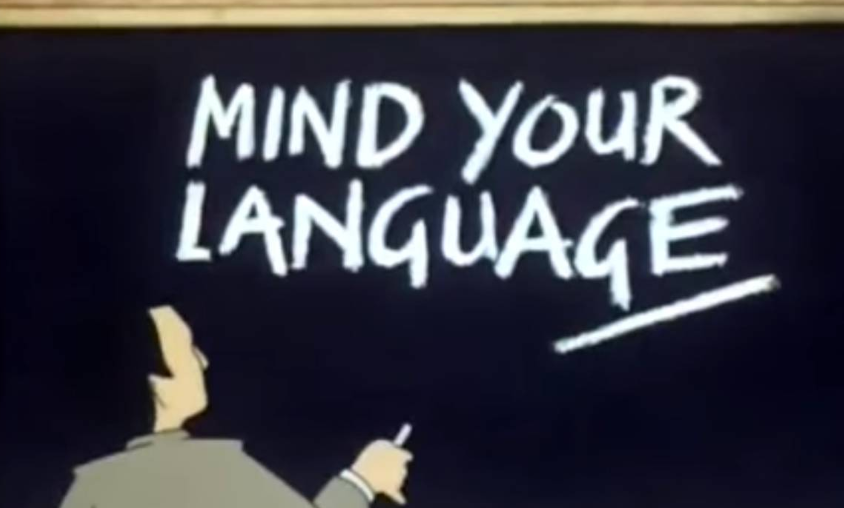×
The Standard e-Paper
Smart Minds Choose Us

The 2018 World Cup in Russia has been full of surprises. Teams that have dominated the event for long were unceremoniously shown the door in the preliminary knock out stages by teams previously viewed as the underdogs. That, however, is what makes the game interesting.